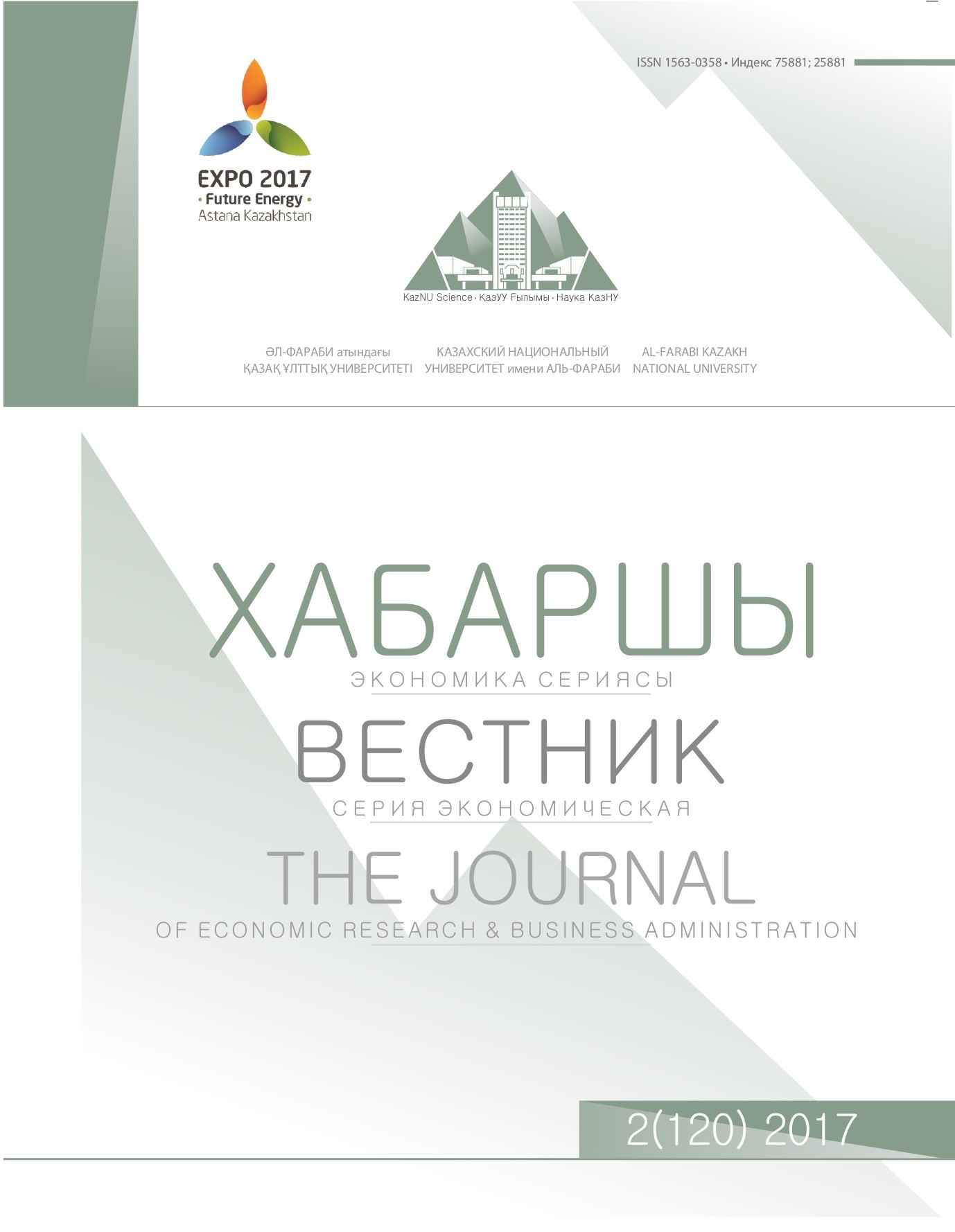Evaluation of intellectual capital as an important factor of innovation potential: objectives, methods and tools
Abstract
In this article, having problem-posed, the methodological and methodical-instrumental, designated
goals and objectives of a comprehensive assessment of the intellectual capital of the region is represented
by a common approach to the development and implementation of techniques such evaluation,
addressed the specific mathematical and instrumental procedures, which can be thus used. Background
articles associated with insufficient knowledge of the features of formation, management and evaluation
of the intellectual capital of the region, the absence of developed systems for monitoring its condition.
Problems of evaluation and measurement of intellectual capital related to its intangible nature, and intangible
nature of a multi-component structure. As the analysis of the current literature on the subject to
date, there are no common approaches to the interpretation of the concept of “intellectual capital”, the
analysis of its nature, structure, and especially - the measurement and interpretation of the results of its
assessment. The solution of such applications can be, in turn, used in determining the innovative potential
and investment attractiveness of the regions, the development of concepts and programs for national
and regional economic and social development, informed decision-making in the field of education and
labor policies.













